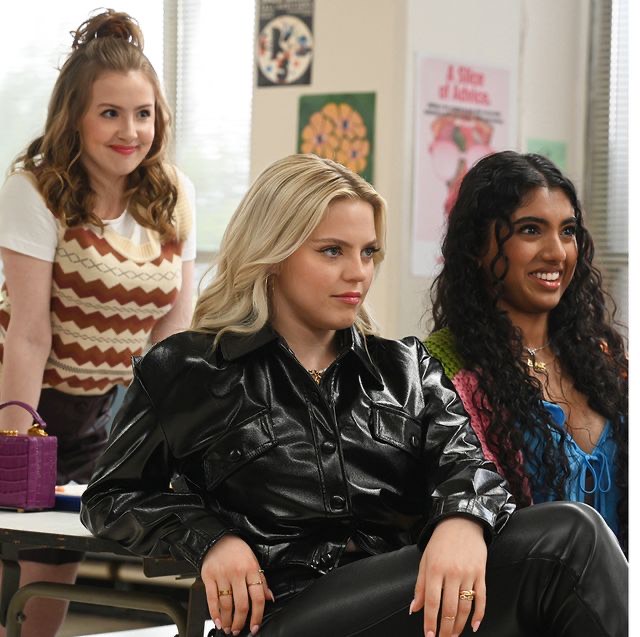On January 12th, 2024, Mean Girls, the new adaptation of the movie hit movie theaters. (Quite a mouthful, I know.) The 2024 remake of the 2004 cult-classic sought to combine Tina Fey’s cinematic masterpiece and Casey Nicholaw’s theatrical endeavor without dissuading any potential audience members who held previous reservations against movie musicals, but still encouraging theatre fans to patronize — ultimately, both goals failed miserably.
Past cinematic adaptations of musicals, such as Dear Evan Hansen and Cats, have made audiences rightfully skeptical of the genre. Mean Girls’ creators recognized this and thus made the grave mistake of purposefully avoiding marketing the film as a movie musical. Although 75% of viewers said they knew Mean Girls was a musical before purchasing a ticket, “16% left the theater ‘disappointed’ by the genre,” according to Variety. The remaining 9% were neutral. Failing to promote the movie for what it was led to the film being looked at in the wrong sense.
In-your-face product placement for cosmetics and other brands also led to an unsettling discomfort within the film that made viewers feel they were not watching a movie, but rather a two-hour commercial. From commonplace sweatshirts promoting the Frost School of Music at the University of Miami to a blunt name-drop of a specific Elf lipstick, Mean Girls did not disguise their love for their sponsors.
Finally, the overall thematic build of the film promised the movie would never be as timeless as its older cult-classic sibling. With callouts to popular TikTokers such as Chris Olsen and shameless innuendos toward Gen-Z trends, Mean Girls simply tried too hard to appeal to what they believed to be their target audience. By failing to truly build Mean Girls as a movie musical and placing too much emphasis on appealing to the wrong viewers, it failed dramatically at what could have been a perfect combination of new and old, cinema and theatre.


